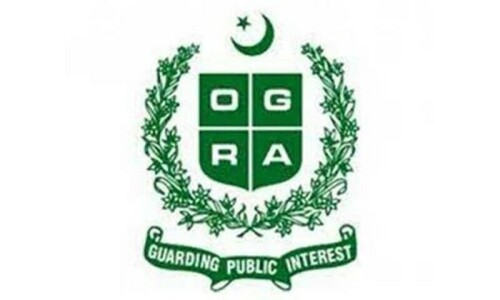KUWAIT CITY, April 7: Gulf Arab states agreed on several key criteria on Wednesday to bring their economic and fiscal policies closer together for their anticipated monetary union, Kuwait's central bank governor said.
They also reviewed the "legal and institutional" studies which would be needed to establish a central bank for the six-nation Gulf Cooperation Council (GCC), Sheikh Salem Abdulaziz al-Sabah told reporters after chairing a meeting of GCC central bank governors.
"We have approved the most key standard criteria for economic and fiscal integration ... like budget deficit, ratio of public debt to gross domestic product (GDP), inflation and interest rates and others," said Sheikh Salem.
The parameters of the criteria will be set at their next meeting, although no date has been set, he said. The GCC, which groups the six oil monarchies of Bahrain, Kuwait, Oman, Qatar, Saudi Arabia and the United Arab Emirates, launched on January 1, 2003, a customs union with a view to becoming a common market in 2007 and establishing a monetary union in 2005.
They aim to have a single currency by 2010. The International Monetary Fund (IMF) has urged the GCC states to coordinate their fiscal policies, saying that under a centralized monetary policy, fiscal discipline including a reduction in public debt will be crucial.
Sheikh Salem said at present ratios of public debt to GDP in GCC states range between 17 per cent and 80 per cent, while the maximum allowed percentage in the European Union is 60 per cent.
Saudi Arabia is believed to have the biggest ratio - more than 80 per cent - with a staggering public debt of around $170 billion, almost all of it domestic. The IMF cautioned that large differences in the members' fiscal stances could create tensions leading to political disagreement and hinder other key macroeconomic convergence requirements.
The cumulative GDP of the members exceeds $330 billion, for a total population of only 33 million, including about 11 million foreigners, yielding a high GDP per capita of $10,000 per year. -AFP














































Dear visitor, the comments section is undergoing an overhaul and will return soon.